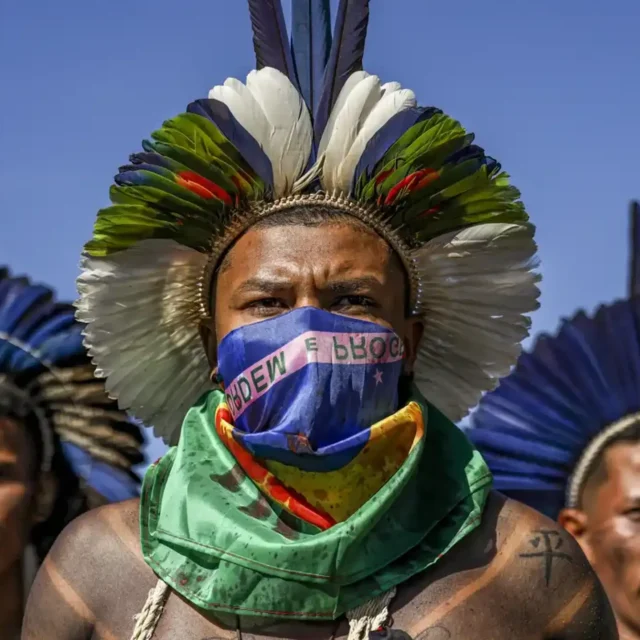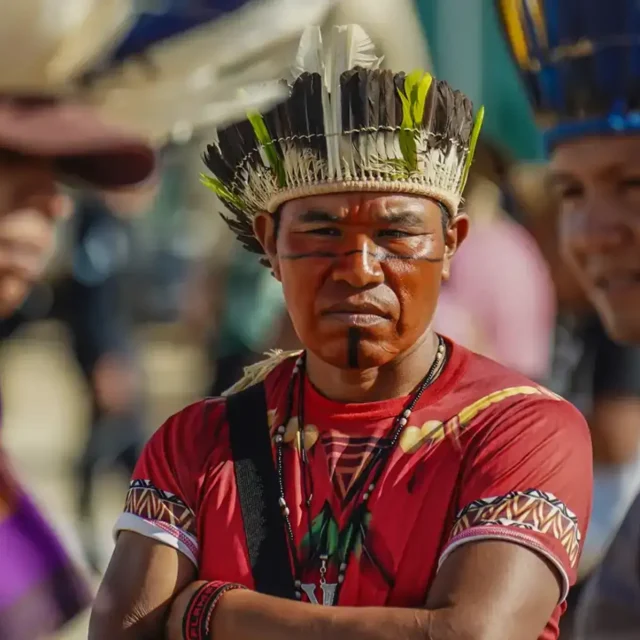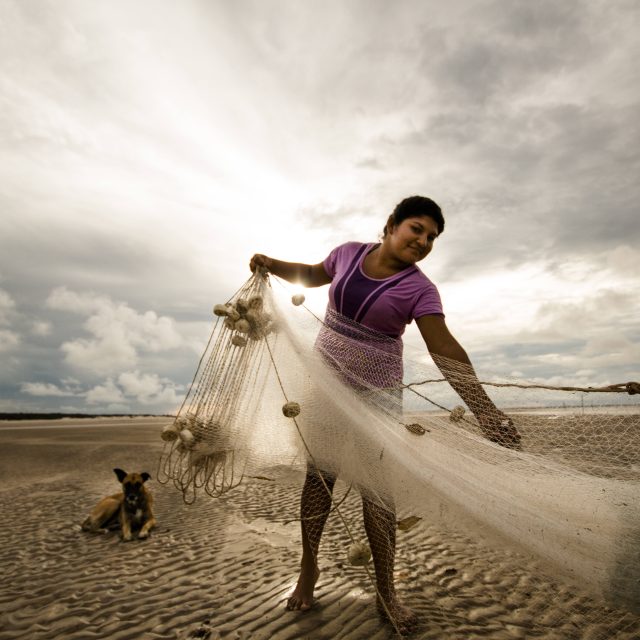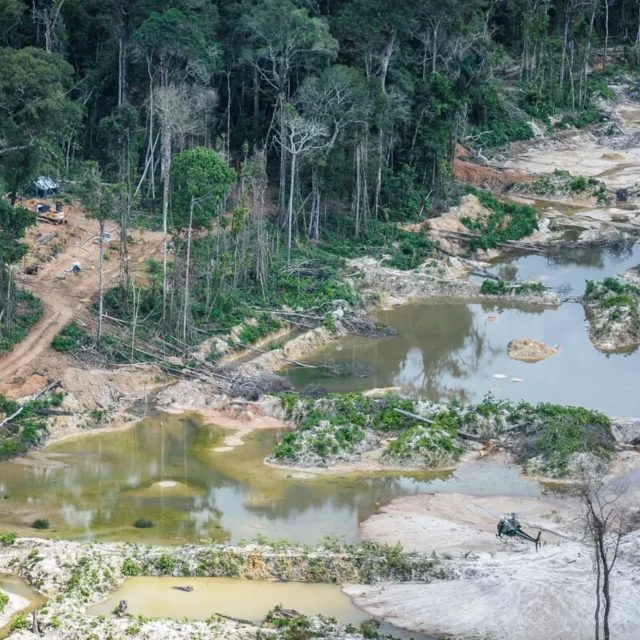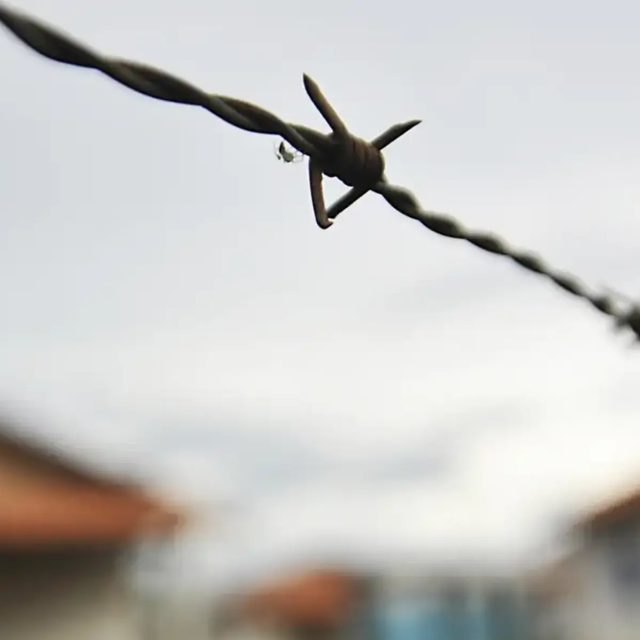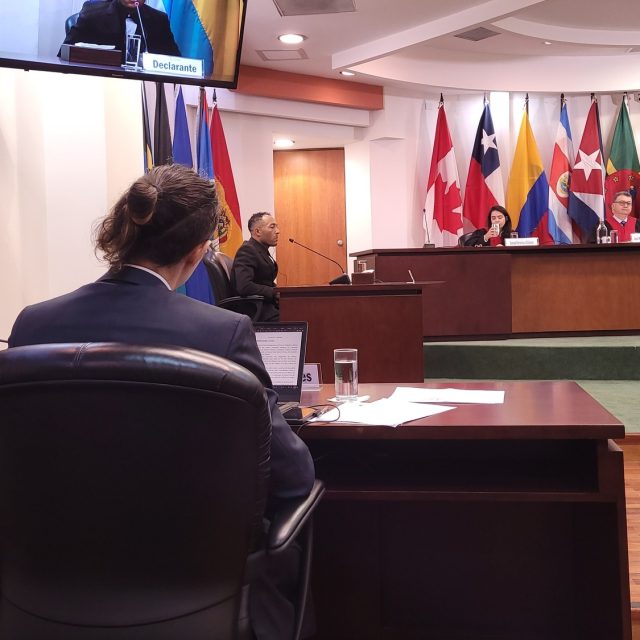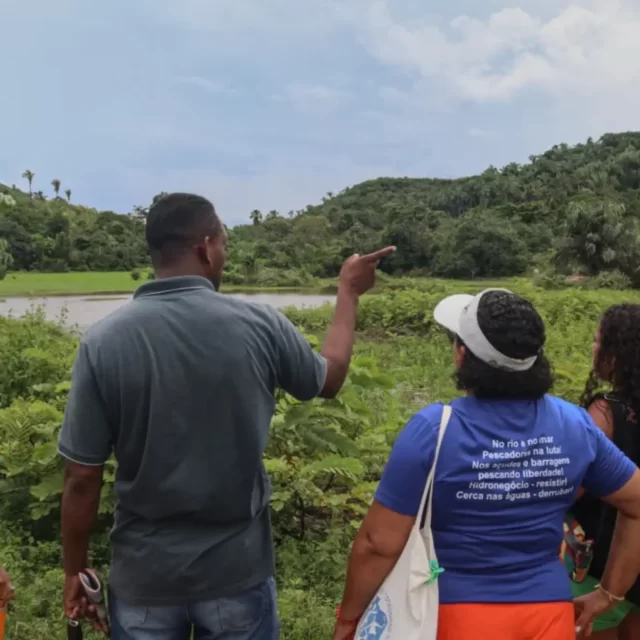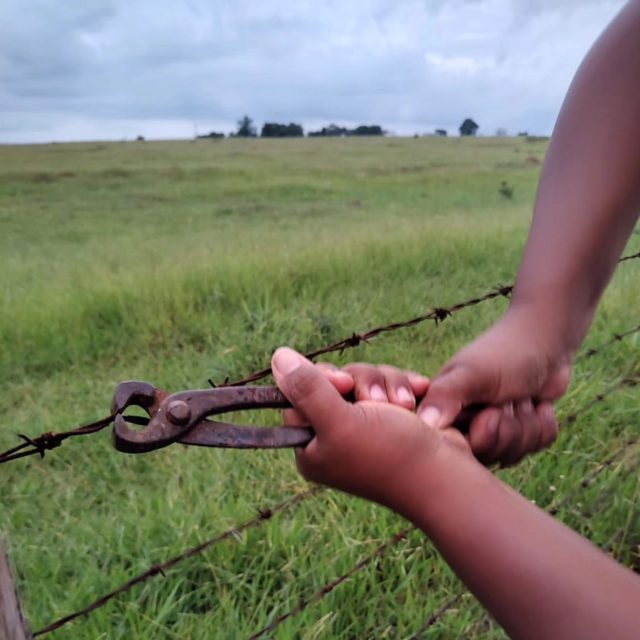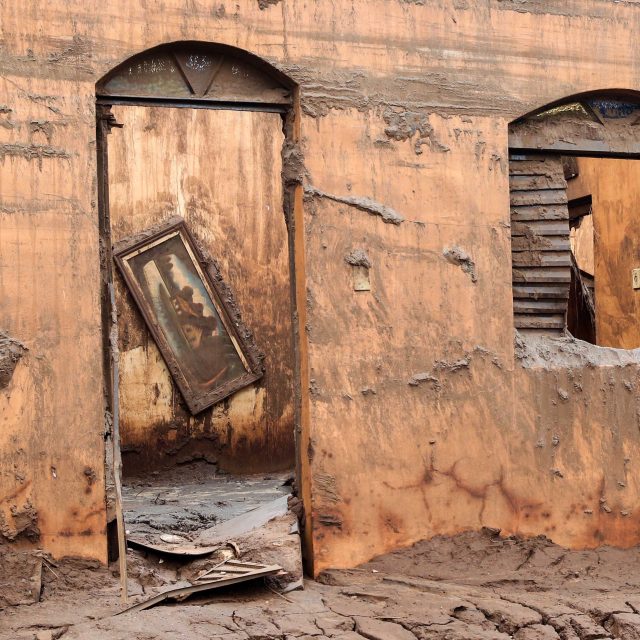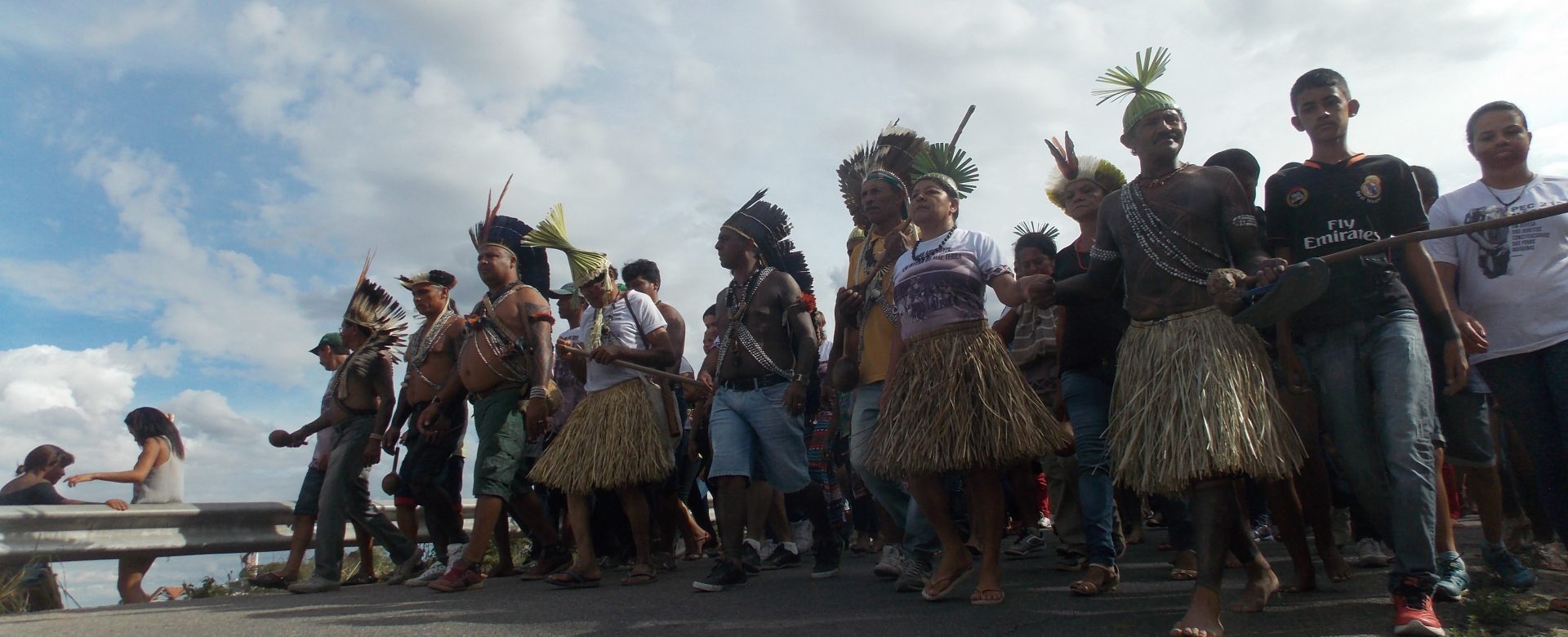
The defence of traditional and indigenous peoples and their territories has been a constant mark of the work of Justiça Global.The case of the violations perpetrated against the Xukuru people is emblematic of this struggle. A historic hearing before the Inter-American Court of Human Rights took place in Guatemala in March and was attended by Justiça Global, the Indigenous Missionary Council (CIMI) and the Office of Legal Advice to Popular Organizations (Gajop). Leaders of the Xucurus were also present at the hearing, such as Cacique Marcos Xukuru, who exposed the critical situation his people has yet been subjected to, decades after being formally recongnized by the Brazilian State.
The delay of the Brazilian State in assuring the right of the Xukuru people of Ororubá to the demarcation of their traditional land is the crucial point of the demand, with consequent violation to several rights of this population. Between the beginning of the delimitation process, in 1989, and the homologation of the Xukuru Indigenous Land, in 2001, it took 12 years. Since then, the State has not yet completed the total ensure of non-intrusion of the area nor guaranteed the tenure of the entire territory to the Indigenous, who still suffer with the presence of squatters in their demarcated land. The ruling of the case is scheduled for the first half of 2018, and may represent the first international condemnation of the Brazilian State for violations committed against indigenous
At national level, the Justiça Global joined other organizations as amicus curiae in two cases that are processed in the Supreme Court (STF), which deal with the defence of indigenous peoples and their territories. In November, we empowered as amicus curiae in the civil action 1100, which deals with the demarcation of the Ibirima La-Klânõ Indigenous Reserve of the Xokleng people of Santa Catarina. In August, Global Justice was empowered as amicus curiae, along with other organizations, in the original civil action 469, seeking the restitution of lands traditionally occupied by the Kaingang people, the Indigenous Land Ventarra. In both cases, the STF will have the opportunity to position itself concretely on the thesis of the temporal framework; which establishes that the peoples would only be entitled to their lands if they were occupied on October 5, 1998, the date of the promulgation of the Constitution. Thus, there are great possibilities that decisions directly impact other cases involving indigenous and quilombola territorial rights.
